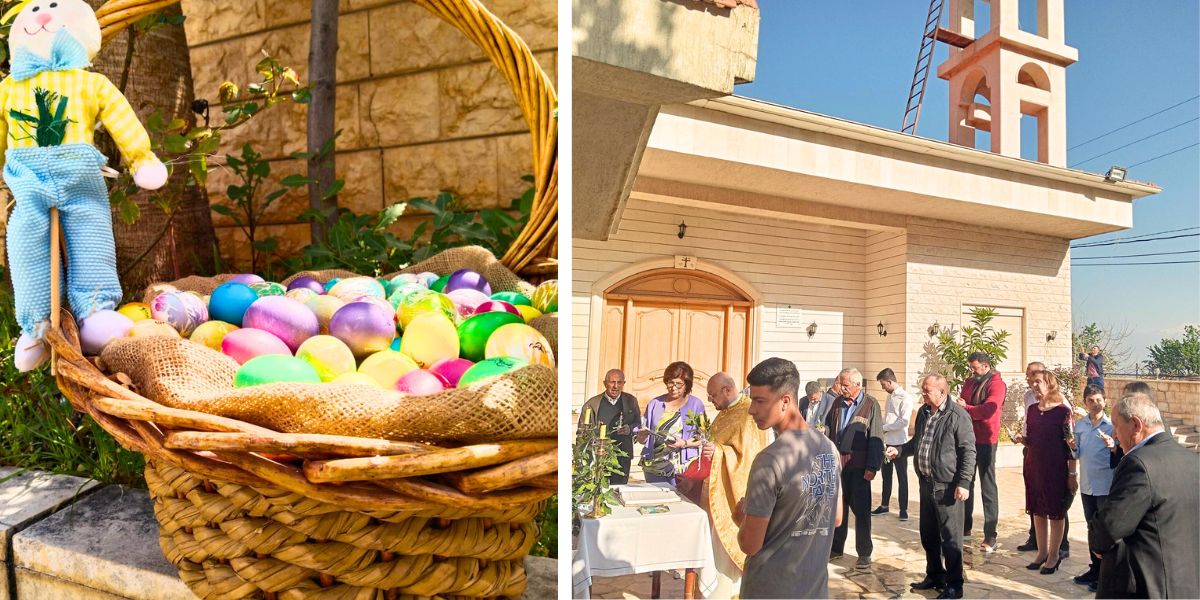In 1999, the UN General Assembly designated November 25th as the International Day for the Elimination of Violence against Women, inviting governments, international organizations, and NGOs to organize activities designed to raise public awareness of the issue on that day.
With Lebanon’s non-functional government, organizations are shedding light on this issue throughout their campaigns with the highly visual element that speaks for women’s silence on domestic abuse.
Among these organizations is ABAAD that has just launched a bold campaign to raise awareness and incite constructive actions from the authorities.
The NGO has revealed alarming figures that indicate the extent of negligence when it comes to domestic violence against women in Lebanon.
In a national survey, ABAAD discovered that, out of 10 women who have reported violence, only one turned to security and judicial agencies.

A spokeswoman said in testimony to ABAAD’s figures: “The problem is that some official and judicial bodies do not take our suffering seriously and do not address our cases with the urgency required.”
Additionally, 96% of domestic violence in Lebanon went unreported in 2021 by young women and girls who had experienced it.
The organization has rolled out a bold campaign labeled as “ بالأولوية ما في أفضليّة” (When it comes to priorities, not one can be favored), along with another powerful label دايما وقتها (It’s always time to talk about your rights).
Slogans as such have been hashtagged on social media with #PriorityToo to emphasize the urgency to give the same priority to that alarming yet disregarded social problem.
ABAAD is one of the organizations working on tackling violence against women in Lebanon and is also addressing timely issues that the country is facing at the moment.
In a statement, Ghida Anani, manager at ABAAD, said: “This year, we received the equivalent of 314 calls per month on the safe emergency helpline to report violence, at a time when many young women and girls in Lebanon are reluctant to report violence.”
Attention is often being diverted to the living aspects in the country, such as the lack of electricity, medicine shortages, and the economic crisis in general.
For instance, 3 out of 5 women in Lebanon consider economic challenges to be the most prominent they face as women and girls at the moment
“We have forgotten ourselves in these situations and have ignored our priorities as women because we are psychologically broken and suffering from instability,” a spokeswoman said in a statement.
All this, in return, has made the prioritization of Gender-Bias Violence (GBV) fall to the bottom of the list.

Farah El Beaini, Communication Supervisor at MSL Group, told 961News:
“This year, ABAAD opted for a very action-oriented communication strategy, where a group of women held banners with messages such as “Will I die from hunger or will I die from abuse?” in key locations around Beirut (Supermarket, Pharmacy, etc..) to highlight the outrageous dilemmas that women in Lebanon are facing.”
“It’s now or it’s too late: The essence of our campaign and the driver behind advocating for our women to recognize the importance of their rights in the sea of neglected priorities,” she noted.

ABAAD has thrived to stop the perception of women’s violence and rights as being a backseat topic to avoid risking an entire generation of women who had been abused and silenced.
The visual work of ABAAD’s campaign indicates different messages. For instance, the video below highlights that prioritizing violence against women should not be delayed.
More shocking figures found in a survey conducted by ABAAD include:
- 94.7% of them said they needed protection outside the home
- Only 11.1% of girls and surveyed women said they might call the hotline if they were a victim of violence
- 2 out of 5 women do not report due to fear of the offender’s reaction
- 1,056 out of 1,184 complaints are 90% for reporting physical abuse%

Domestic violence is a crime in all senses of the word and in its ramifications, whether lethal or physically and psychologically traumatic. That includes the long-term impact it has on the children at home.
There is no justification for it whatever the excuses.
Whether prosecuted by the law and authorities or not, domestic violence is a crime, which is continuously perpetrated in the country.
With this new data coming to light, the Lebanese society must realize that it’s time to stand up together against the ongoing negligence towards GBV.
If you are a victim of domestic violence or know someone who is, there are local organizations that can help. Reach out to: KAFA: +961 3 018 019, Himaya: +961 3 414 964, ABAAD: +961 81 78 81 78


















